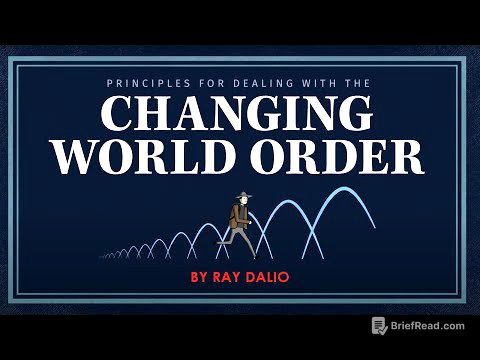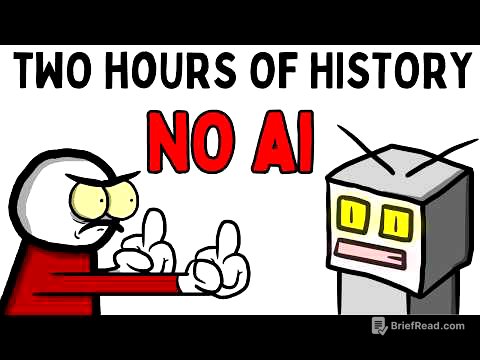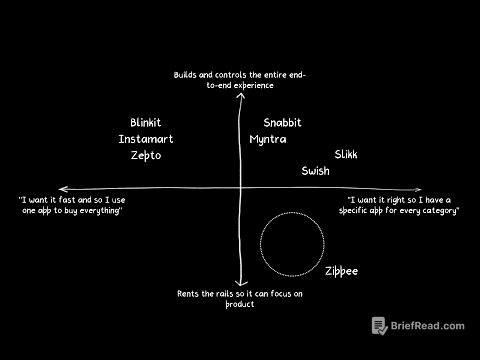TLDR;
This video discusses the issues with South Korea's competitive education system and its effects on society. It covers how meritocracy and the focus on fairness have led to increased inequality, social conflict, and a lack of tolerance. The video also touches on how these factors contribute to a sense of despair and a decline in the dignity of labor.
- South Korea's competitive education system is seen as exceptionally harsh, leading to unfortunate outcomes for children.
- Koreans show a high tolerance for inequality compared to other nations, which is linked to the competitive education environment.
- Meritocracy, while seemingly fair, contributes to social division, despair, and the devaluation of labor.
하이라이트 [0:00]
The video introduces the topic of inequality and competition in Korean society, referencing Michael Sandel's critique of meritocracy in America. It highlights concerns that Korean society is becoming a "hell" due to excessive competition in education. The segment emphasizes the need to address the issues arising from the competitive education system.
한국인은 불평등을 사랑한다? [2:00]
This section discusses how Koreans, surprisingly, show a high level of acceptance for inequality compared to other countries. Data from the World Value Survey indicates that a significant percentage of Koreans believe income differences should be larger. This contrasts sharply with countries like Germany, where there is a greater emphasis on income equality. The segment also points out that Korea is one of the most conflicted countries, with low tolerance for weaker individuals, as indicated by a study from Seoul National University's Institute for Social Development.
한국은 왜 경쟁 교육에서 벗어나지 못할까 [10:11]
This chapter explores why Korea struggles to move away from its competitive education system, comparing it to a form of addiction driven by ideology. The dominant ideology in Korea is that competition is natural and necessary for development. This ideology is supported by the ideologies of meritocracy and fairness, creating a powerful ideological complex. The segment argues that this complex has contributed to a society marked by conflict, inequality, and intolerance. It also critiques the concept of fairness, suggesting that it often justifies existing inequalities, and questions the meritocratic ideal, pointing out that opportunities are not equally distributed from birth. The chapter concludes by referencing Michael Sandel's book "The Tyranny of Merit," which discusses how meritocracy has negatively impacted American society by creating divisions, despair, and devaluing certain types of labor.
![혼자 있을 때 가장 행복한 한국인들...? 대한민국은 어쩌다 관용이 제일 없는 나라 됐을까? ㅣ경쟁 교육 2부 [이게웬날리지]](https://wm-img.halpindev.com/p-briefread_c-10_b-10/urlb/aHR0cDovL2ltZy55b3V0dWJlLmNvbS92aS85REdteU9oRHNFay9tYXhyZXNkZWZhdWx0LmpwZw==.jpg)








